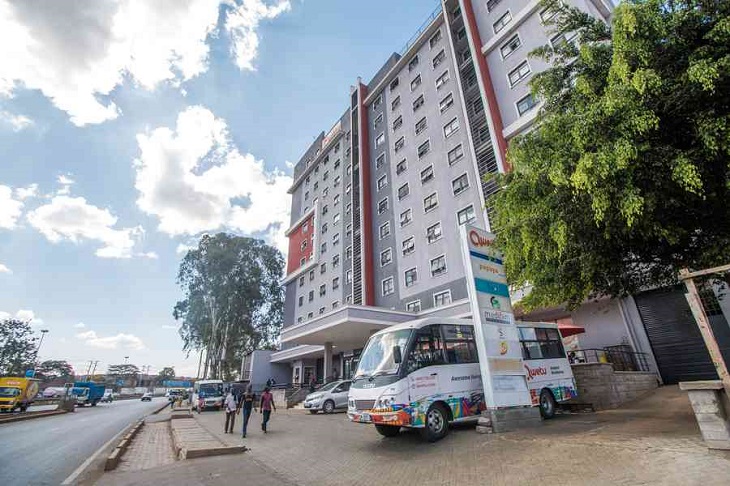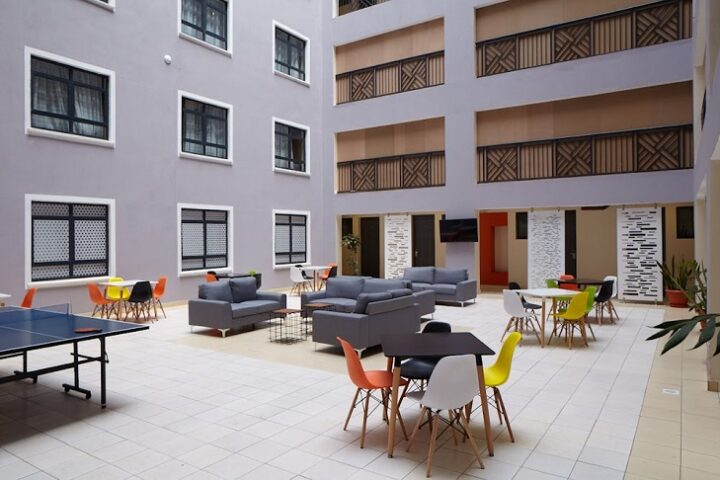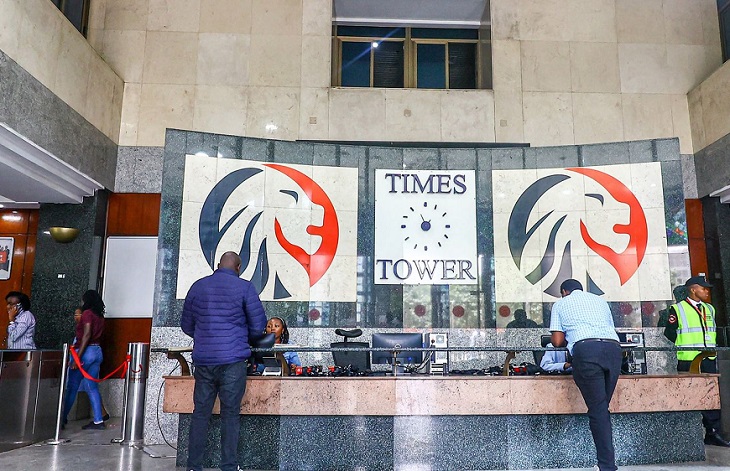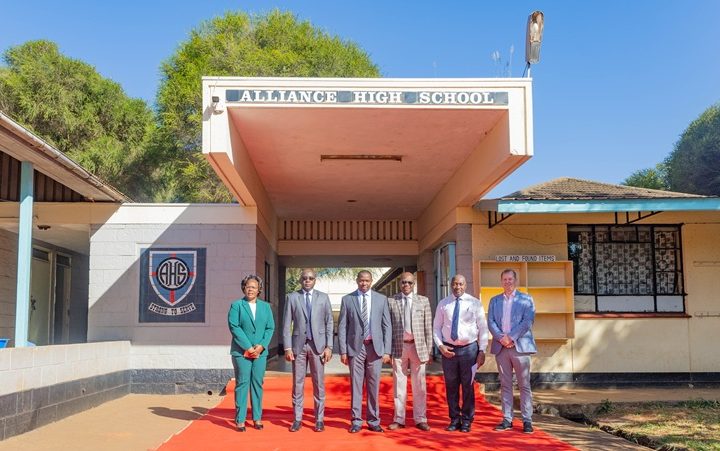In February 2021, Acorn, the developers behind the Qwetu Student Residences, went to the market and sold an idea to investors. Give us your money, we build quality hostels, sell them, and give you a return. This investment would be executed through a Development Real Estate Investment Trust (D-REIT).
The vehicle dubbed the Acorn Student Accommodation Development Real Estate Investment Trust (ASA D-REIT) was thus launched in 2021.
The market response was good. Acorn REIT raised KES 1.4 billion from investors, and thereafter, the ASA D-REIT was listed on the Nairobi Securities Exchange (NSE).
Raising this amount was impressive because it came at a time when investor confidence in developers, especially those using the off-plan concept, was low after a series of scandals had rocked the market.
But Acorn backed the trend because it has earned a reputation as a credible developer. Some of the iconic buildings that dot Nairobi’s landscape have Acorn’s touch.
Related Content: Four Years later Acorn’s Student Housing REIT Continues To Deliver Strong Performance
By then, Acorn was already one of the largest and most successful project managers and developers in Kenya, having delivered over 50 real estate development projects with an aggregate value in excess of $550 million.
The Coca-Cola Regional Head Office, Deloitte Regional Head Office, Equity Centre, UAP Towers, Nakawa Business Park, Tiara Office Park, and Acorn House were some of their most iconic projects.
With the KES 1.4 billion bagged, Acorn set out on a path to be the region’s premier developer of purpose-built student accommodation (PBSAs).
Four years later, the results are impressive, and Acorn is now tried, tested, and certified A+.
In 2024, the ASA D-REIT achieved a KES 1.5 billion operating profit, doubling the previous year’s figures, while net profit soared tenfold to KES 840 million.
The performance resulted from rental income and gains from property sales.
The ASA D-REIT successfully sold two hostels, Qwetu Hurlingham and Qwetu Aberdare Heights II, for KES 3.58 billion. The two properties were sold to the sister company, ASA I-REIT.
Consequently, these exits, coupled with revenues from other PBSAs, made it possible for the REIT to pay a KES 293 million dividend, the second such dividend.
The ASA D-REIT opened its biggest project in Chiromo, i.e., Qwetu and Qejani hostels, which added 2,700 student beds. As of the end of 2024, it also completed Qwetu and Qejani KU, and Qejani Hurlingham, which started operating in early 2025. This brought the total number of operational beds to 7,100. An additional 6,500 beds are currently under construction.
Acorn’s Qwetu PBSA model is working.
This is important because it demonstrates that this model is self-sustaining. Acorn has shown it can pool funds, successfully execute projects, and sell or, in financial lingo, exit properties.
Sustainability.
Acorn’s management has set ambitious targets for expanding its portfolio of PBSAs, which includes expanding to other towns that host universities and TVETs.
The REIT has secured land in Eldoret and is finalizing the acquisition in Kakamega. These two towns will be the first sites for its national expansion, part of the long-term, cross-regional growth strategy.
In conclusion, the ASA D-REIT, similar to the ASA I-REIT, has consistently demonstrated high occupancy and stable, inflation-protected income. Acorn’s Qwetu PBSA model is tried, tested, and A+ certified.
Related Content: The Qwetu REITs Journey That Kenyans Are Investing In From Ksh 5,000













